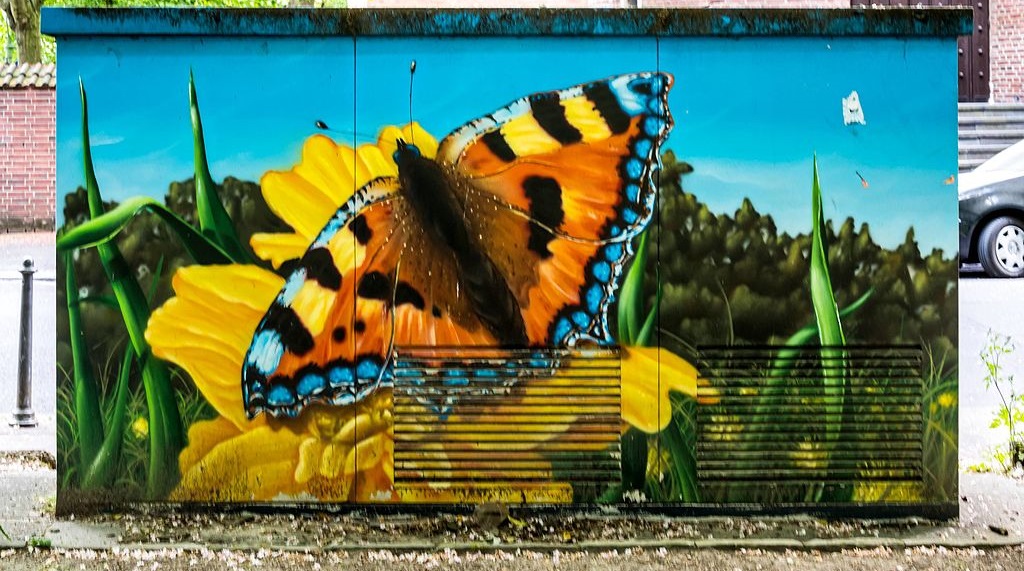I am DataSF’s new Data Scientist with an unconventional background in pollination ecology, a love for all things quantitative, and a life-long fascination with insects! So, how did an ecologist become a Data Scientist for the City of SF?
Public Sector is the ideal place for someone who loves diverse and actionable challenges
Data science in government is a particularly new and exciting field with the potential to have a large positive impact. Unlike the private sector, where most data scientists optimize a handful of problems, the potential types of public-sector problems that can be solved with a data science approach are boundless. The questions and methods are never cookie cutter, making public sector data science extremely appealing for a scientist like me, who constantly likes to learn and solve new problems.
Ecology and City Data Are Not All That Different!
Many data scientists are former academics because the “science” in data science is grounded in the scientific method, the bread and butter of most STEM researchers. I am a bit biased, but I believe Ecologists make especially good public sector data scientists because our work has a lot in common with city challenges:
- We work with existing data - Ecological data are often collected without an apriori purpose. Unlike other experimental sciences, the vast majority of ecological work with existing or non-experimental dataset. Wish the data had X column or was collecting in Y way? Too bad! Make it work and deliver results!
- Unstructured/’messy’ data is common - Nature is messy, so is the data. Environmental sensors fail; missing data is common. Ecologist have the skills to clean, process and analyze large unstructured datasets.
- We find the signal in the noise - Ecologist work to solve problems by working with what is available and making do with whatever data is available. This involves knowing how to ask the right questions, understanding biases, and applying appropriate statistical tools to gain insights
Naturally there are some differences
That said, there are definitely a few striking differences between my old ecological career and my new public sector one. In my last job, data acquisition meant spending weeks to months outdoors physically collecting the data. Luckily, data collection for the city of San Francisco is not part of my current job description. Instead, data acquisition means finding the right places to look and the right people to talk to. I also doubt that my plant and insect identification skills will be transferable to the public sector! While I will miss being outdoors and travelling to beautiful places to obtain my data, I am excited to meet people from various departments in the city, understand their data needs, and put San Francisco’s data to its best use.
